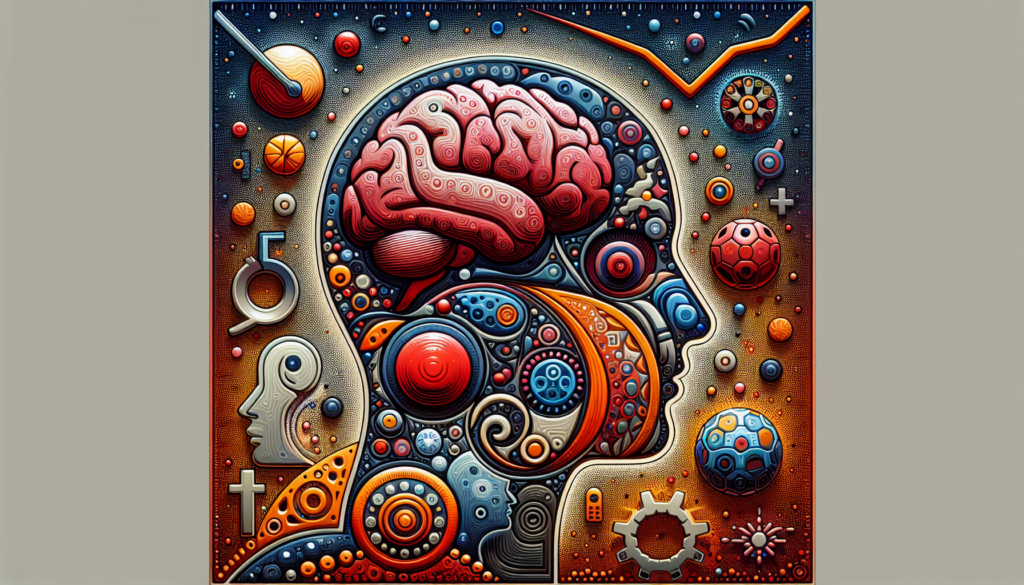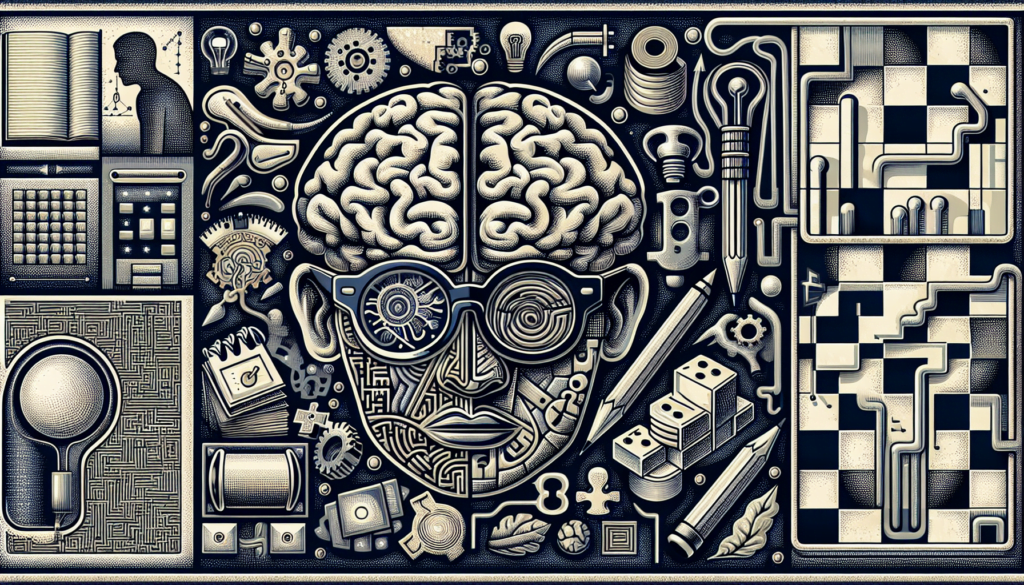How Does Digital Minimalism Contribute To Mental Clarity?
How Does Digital Minimalism Contribute To Mental Clarity? In a world buzzing with notifications, endless scrolling, and digital noise, digital minimalism offers a refreshing escape. By intentionally reducing your digital clutter, you can create space for clearer thinking, better focus, and a calmer mind. But why does this matter? Because mental clarity isn’t just a […]
How Does Digital Minimalism Contribute To Mental Clarity? Read More »








